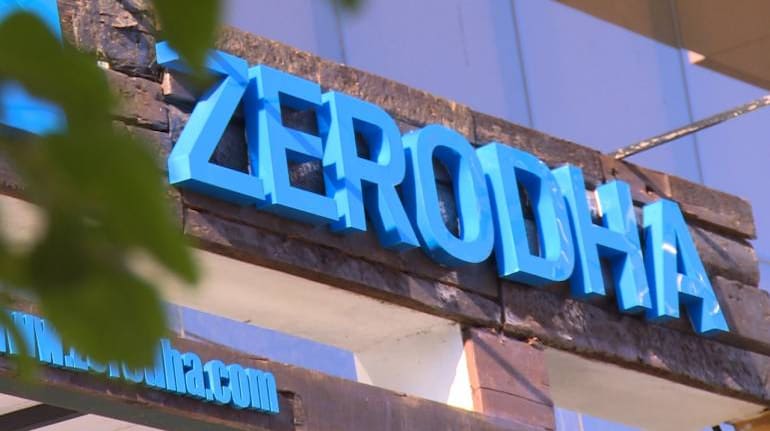



Ten percent of the new business for Zerodha comes from the referral programme, along with their partner programme, stated the leading brokerage in the blog post that marks its thirteenth year in the business.
Given this, the proposal by the Securities and Exchange Board of India (Sebi) to restrict the association of brokers with finfluencers who act like advisors or analysts is a business risk, according to the post.
On August 25, Sebi issued a consultation paper that sought to limit the association of registered intermediaries or regulated entities with unregistered entities such as the finfluencers. It noted the sudden rise of these entities and how they may be “effectively enticing their followers to purchase products, services, or securities in return for undisclosed compensation from platforms or producers”.
The consultation paper sought to restrict these associations between registered and unregistered entities “to curb the flow of such compensation”.
In the blog post, Zerodha stated that it supported the regulatory intent behind it.
It said, “We think that if anyone acts like an advisor or analyst without a SEBI registration, they shouldn’t be able to collect any fees directly from the customer or indirectly through brokerage sharing. So, we support the direction of the consultation paper.”
Then, the post explained how this would be a business risk: “The risk is that any regulation around this could also result in us having to stop our referral program, which, along with our partner program, gives us ~10% of our new business.”
An investigation done by Moneycontrol revealed how leading brokerages such as Zerodha, Angel One and MOSL were partnering with illegal advisors to get new investors.
The post shared other business risks as well such as that coming from the concentration of revenue from the derivatives segment and that arising from the Application Supported by Blocked Amount (ASBA)-like facility that is to be made available in the secondary market.
Also read: ASBA-like facility in the secondary market a 'business risk', says ZerodhaThe post said, “The biggest risk is that the concentration of revenue from F&O also means that any regulation or change in market conditions or newer competitors with better products can reduce retail trading activity in F&O at Zerodha and significantly impact the revenue. But given our net worth, frugal operations, customer trust, and agility as a business, we are well placed to pivot whenever required.”
On the ASBA-like facility using UPI mandates for buying stocks, which will need to be made available to customers by January 2024, the post said: “While this is an optional feature for customers who want to use UPI mandates to only buy stocks for delivery, this requires large technical changes in the order path.
Any changes to the order path are extremely risky. There is also a business risk with a change in how we collect brokerage, DP charges, penalties, etc. If the funds aren’t lying with the broker and the money moves directly from the customer’s bank account to the clearing corporation, these charges will need to be collected from the clearing corporation (CC) or from the customer separately, which will not be easy.“
Discover the latest Business News, Sensex, and Nifty updates. Obtain Personal Finance insights, tax queries, and expert opinions on Moneycontrol or download the Moneycontrol App to stay updated!
Find the best of Al News in one place, specially curated for you every weekend.
Stay on top of the latest tech trends and biggest startup news.